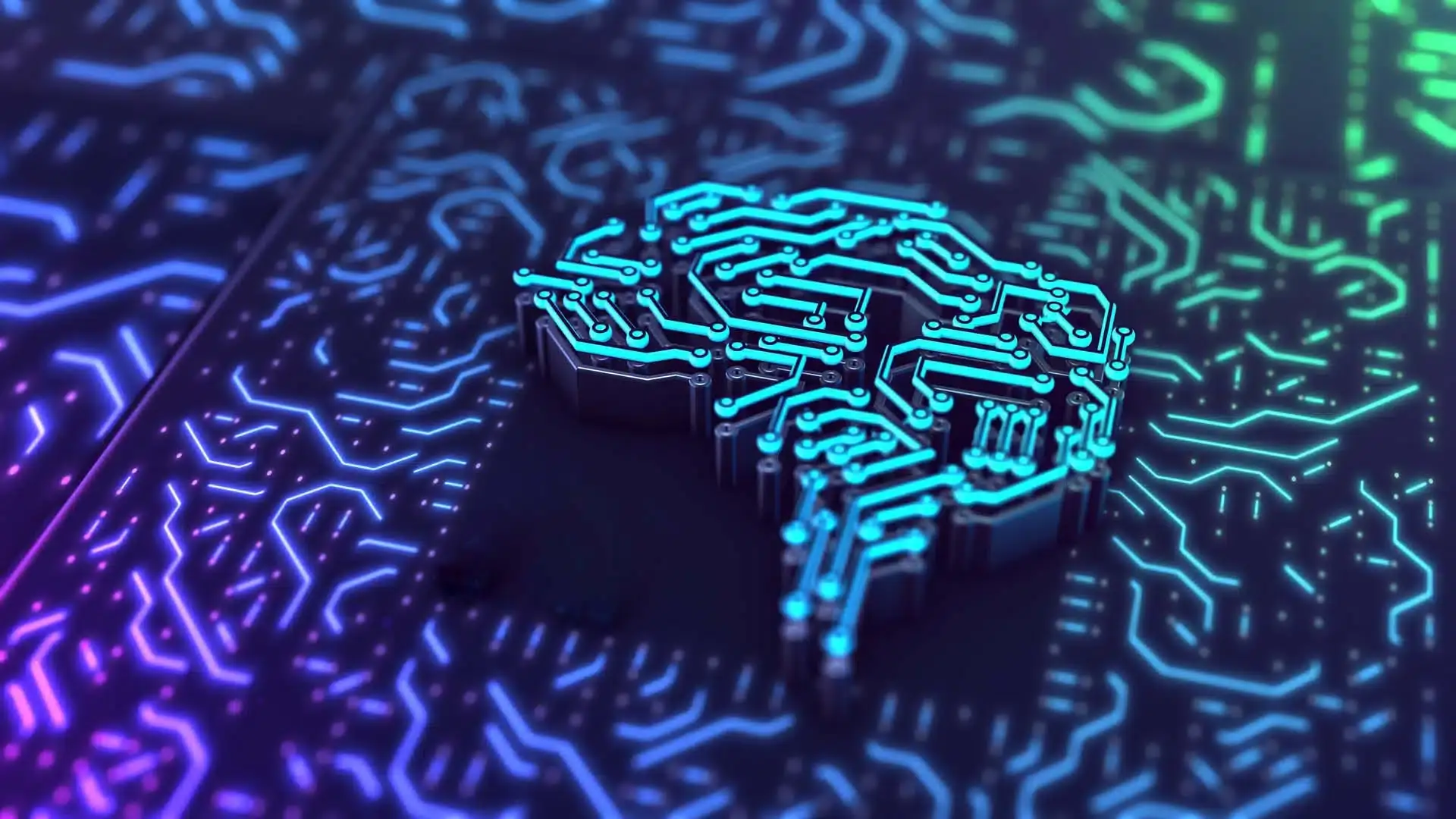Machine Learning and Deep Learning in Smart Manufacturing

Smart Manufacturing is the need of the hour, requiring an intelligent computer-integrated manufacturing ecosystem that operates efficiently in real-time, ensuring optimal quality, minimal cost, and reduced time. Statistically, the global market for Smart Manufacturing is projected to reach 658.41 billion USD by 2029, with a 13.1% compound annual growth rate (CAGR). This article discusses the importance and application of AI-led manufacturing.
Numerous key industry players have embraced Intelligent Manufacturing, leading to increased production, decreased defective products, reduced labor injuries, space savings, and improved functional safety in their systems.
While Smart Manufacturing encompasses various aspects such as Big Data Processing, Robotics, 3D Printing, and the assessment of workplace competency and safety. Artificial Intelligence (AI) acts as the driving force behind the German government’s Industry 4.0 strategic plan.
Machine Learning and Deep Learning on the other hand are integral components of AI itself. Their impact on Smart Manufacturing is evident, as they leverage data collected by sensors and actuators to reduce the time and cost required for physical inspection of defective products, thereby minimizing overall production costs. These technologies also analyze the data to identify patterns, providing early warnings about the state of manufacturing tools and suggesting techniques to address problems.
Applications of Machine Learning and Deep Learning
Machine learning plays a crucial role in Overall Equipment Effectiveness (OEE). It enables machines to perform actions without specialized programming, leading to advancements in self-driving cars, efficient web searches, and enhanced knowledge about the human genome.
Why is Machine Learning important in Smart Manufacturing?
Intelligent maintenance systems can identify damaged equipment and recommend repair techniques in advance, extending the Remaining Useful Life (RUL) of the equipment. Optimum product development can be achieved by aligning with real-time changes in demand. Quality enhancement is possible through early detection of issues in the production line, enabling better decision-making for the future. By generating estimates based on dynamic market factors, machine learning improves the supply chain. It optimizes production processes, reduces preparation times, and minimizes energy consumption.
Deep learning specializes in handling large manufacturing datasets and provides innovative analytics tools for processing. It is a subset of machine learning that employs successive non-linear processing layers to extract meaningful insights.
Why is Deep Learning valuable in Smart Manufacturing?
Deep learning excels in various domains such as multimodal image-text, games, speech recognition, and image reconstruction. It can handle highly non-linear and complex structures using multiple layers automatically. Deep learning exhibits high-volume modeling capacity and automatically learns features. In the era of big data, deep learning can enhance manufacturing functions driven by data. It uncovers valuable data and transforms it into relevant and intuitive information, providing new perspectives for decision-makers. It enables real-time operational measures and cost evaluations in manufacturing systems. Deep learning neural networks improve performance, availability, and the quality of assembled equipment.
To conclude, despite the revolutionary vision of Intelligent Manufacturing, there are several challenges and transformations that demand attention, including data security, scalability, fault tolerance, network latency, and the management of big and complex data. Comprehensive research and practical applications are essential to fully leverage Industrial AI.
Yet, companies that embrace AI are expected to double their cash flow in the next five to seven years, surpassing other industries in manufacturing due to their heavy reliance on data. – McKinsey
AI and ML are assets of Industry 4.0. They continuously enhance production quality and gather crucial data from products and equipment, which serve as vital information for product development and essential business decisions. – Gartner




